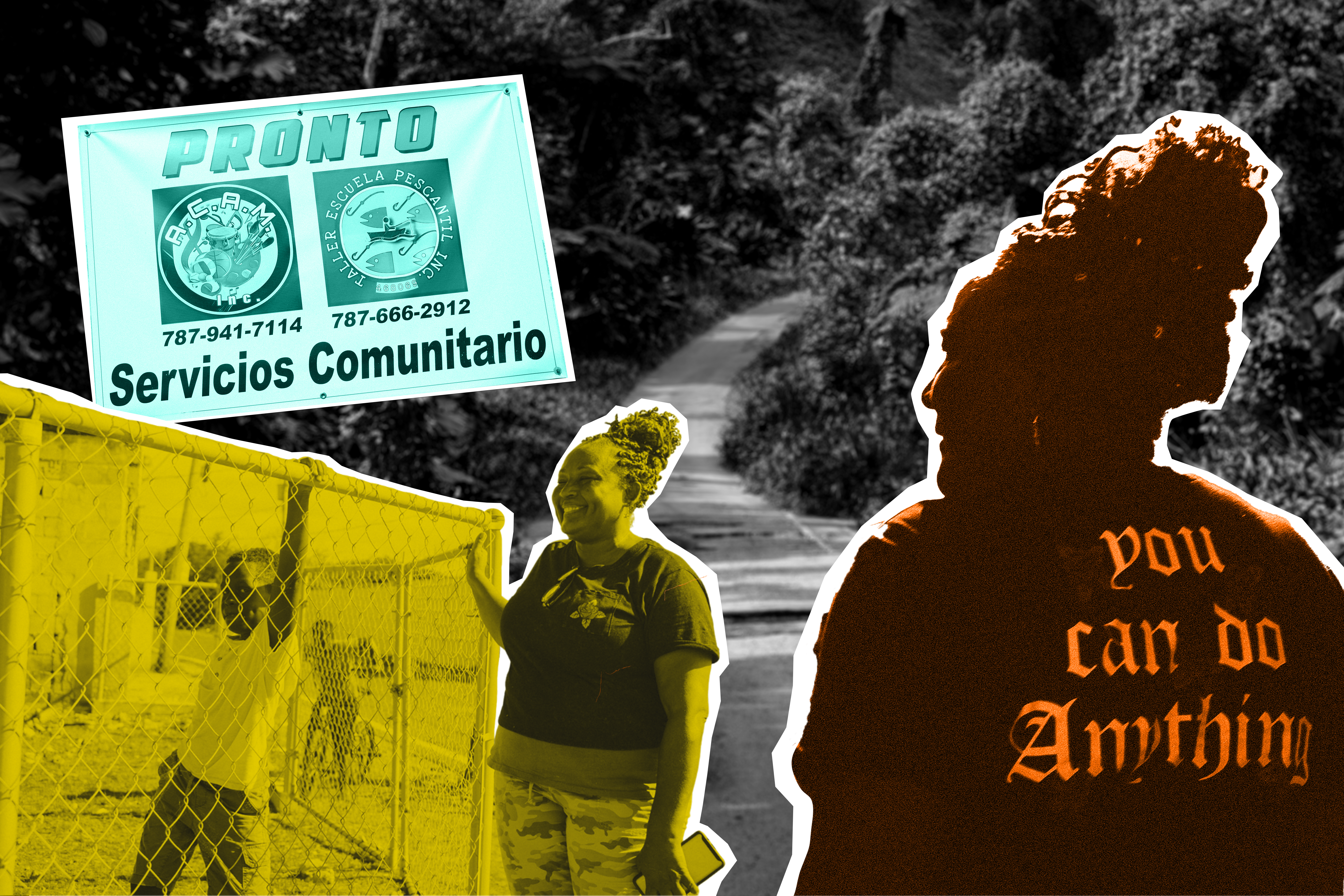
Así es como las mujeres ambientalistas están combatiendo el cambio climático en Puerto Rico
Madres de la Tierra is a series that shows feminine leadership and self-governance six years after Hurricane María A longer version of this story was originally co-published on October 3rd,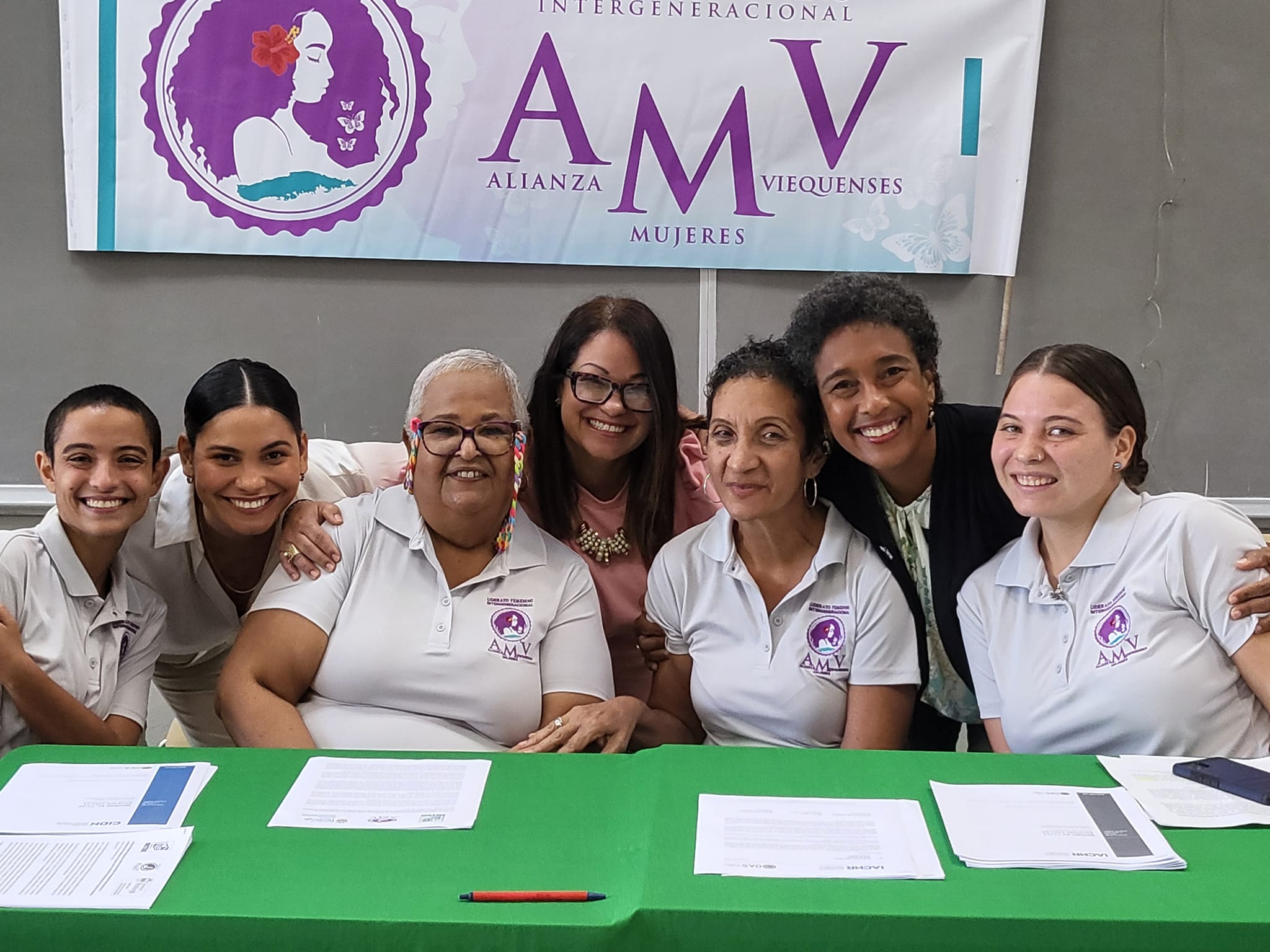
Viequenses negociarán con el gobierno de Estados Unidos para reparaciones
The decision came after the Inter-American Commission on Human Rights admitted the case of the Vieques Women's Alliance for the violation of the right to life, health, family, maternity and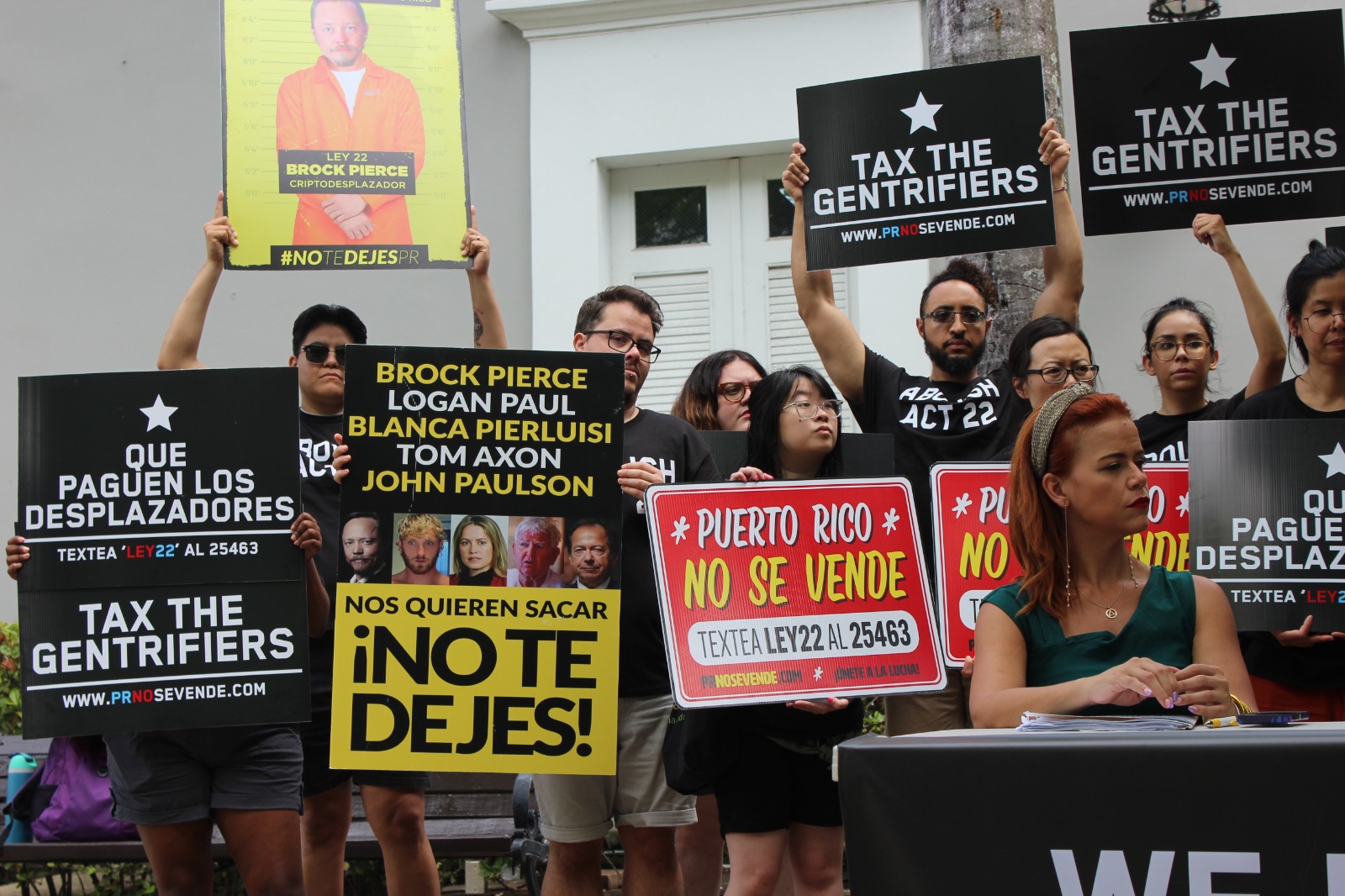
Lanzan campaña para derogar la Ley 22
Organizaciones comunitarias y sin fines de lucro se unen bajo el lema “Not Your Tax Haven”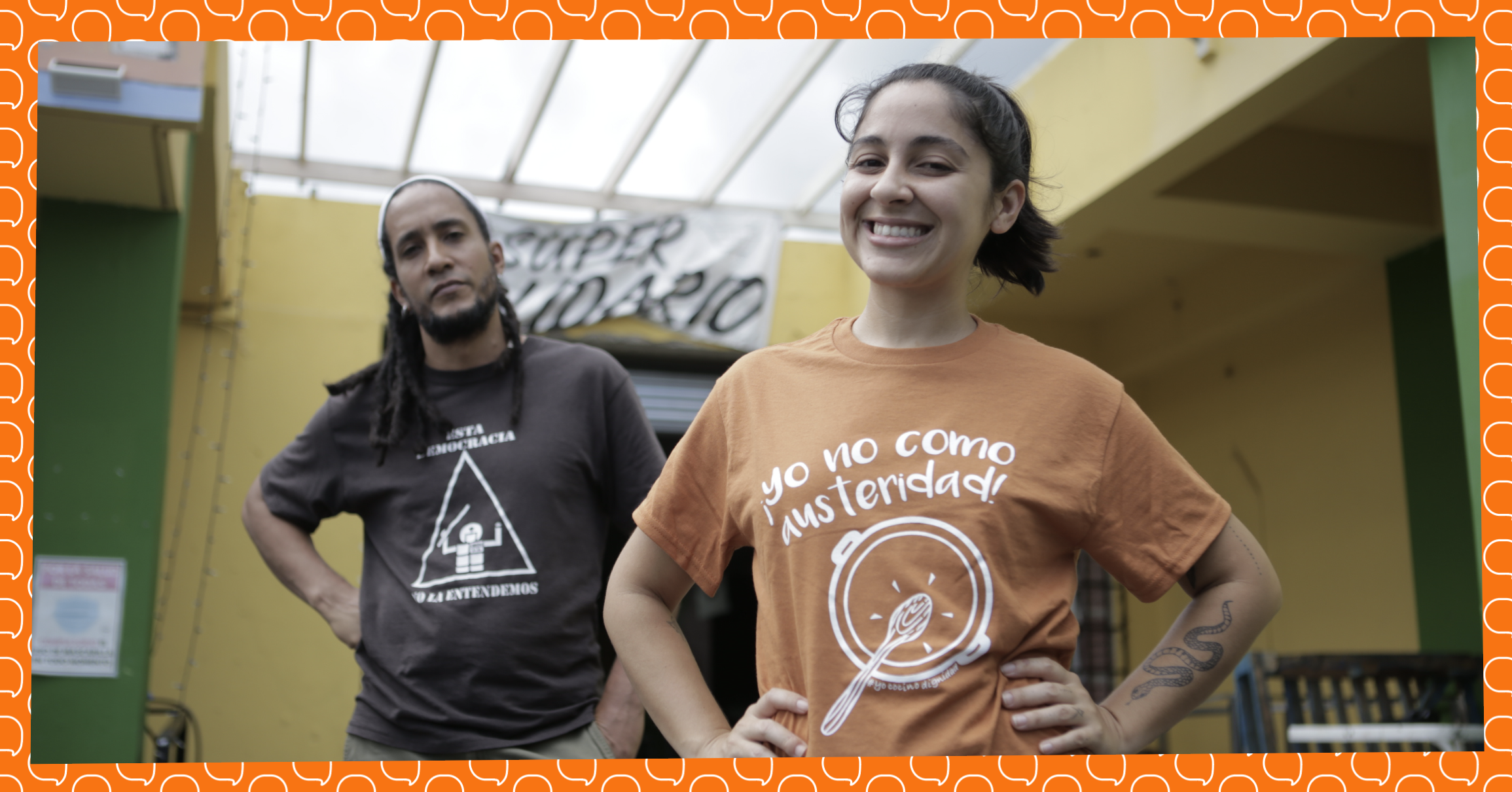
Grupos comunitarios ocupan terrenos ilegalmente para resistir el desplazamiento en Puerto Rico
In the aftermath of Hurricane Maria, community groups throughout different parts of Puerto Rico have rescued vacant lands and transformed them into spaces for social and community developmentCómo apoyar el movimiento feminista en Puerto Rico
Feminist organizations educate, defend, and propose public policies that protect women and members of the LGBTTQI+ community in Puerto Rico. This International Women’s Day, we invite you to know and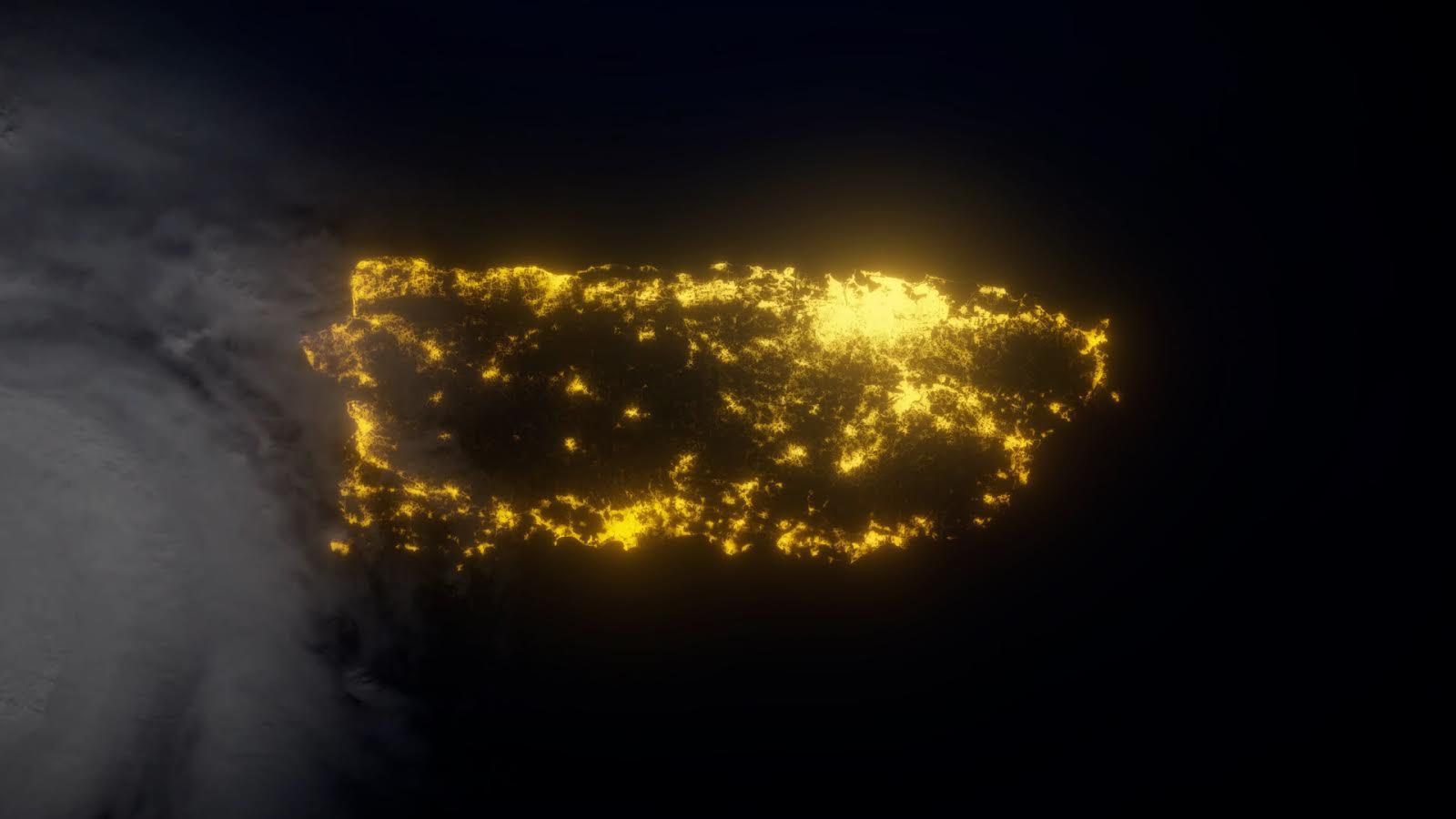
Hablemos del futuro energético de Puerto Rico
El 30 de noviembre expira el primer contrato entre Luma Energy y el gobierno de Puerto Rico. Aunque la ciudadanía y oficiales electos han descrito las fallas del servicio yOPINION: It’s time to listen to Puerto Rican communities
For the past few nights I’ve been showering under the stars and the purple hues of the Caribbean sky. Hosing ourselves down is the easiest way to shower these days.
Esfuerzos de apoyo mutuo que puedes respaldar tras el paso del huracán Fiona
When we ask community leaders in Puerto Rico what they learned after Hurricane María, most say a variation of: The government doesn’t have our back; community and mutual aid are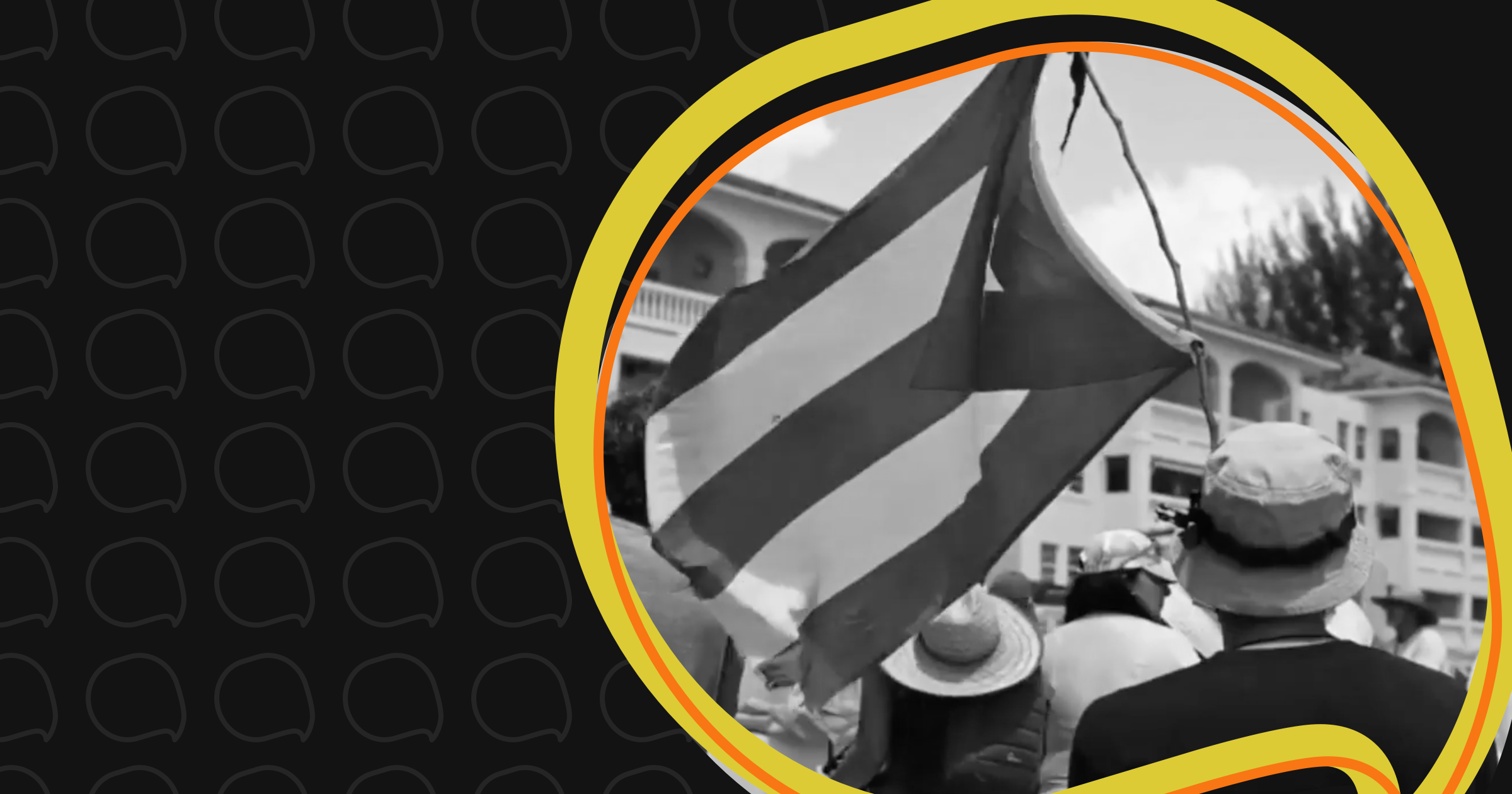
Cómo el desarrollo excesivo amenaza los ecosistemas de Culebra
The island town of Culebra, part of the Puerto Rican archipelago, has always been a magnet for outside interests. In 1867 the United States tried to buy it from Spain.